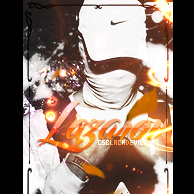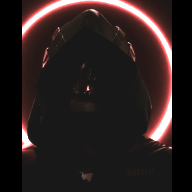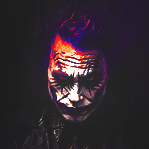Lava flows have slowed in south-west Iceland following a volcanic eruption that has destroyed several homes.
A volcano on the Reykjanes peninsula erupted on Sunday, spilling molten rock into the town of Grindavik. The local po[CENSORED]tion was evacuated.
Defences built after an eruption in December were breached in places, setting houses on fire. But by Monday the flow had almost stopped.
There is no danger to the rest of Iceland, officials say.
Dr Matthew Roberts of the Icelandic Meteorological Office (IMO) told the BBC that the situation near Grindavik had "very much eased" on Monday.
He added that micro-earthquakes - which are not commonly felt by people - were still happening, but their number and intensity were decreasing.
However, many Grindavik residents have been left shaken by the eruption.
"Seeing your home burn down on live television is something you cannot easily handle," Unndor Sigurthsson told the MBL news website.
She said her family had left almost all their belongings when they were evacuated, leaving them only with clothes and essential items.
A volcano spews lava and smoke as it erupts in Reykjanes Peninsula
There has been no disruption to domestic or international flights. The IMO's aviation colour code for the Reykjanes peninsula was orange on Monday morning, indicating an ongoing eruption with "no or minor ash emission".
Addressing the nation on Sunday evening, President Gudni Johannesson urged people to "stand together and have compassion for those who cannot be in their homes".
Volcanologist Evgenia Ilyinskaya told BBC Breakfast that the peninsula could be entering a period of frequent eruptions, known as the New Reykjanes Fires.
Prof Ilyinskaya said eruptions could take place "every few months or once a year for several decades or several centuries".
The Reykjanes Fires were a series of instances of intense volcanic activity on the peninsula in the 12th Century.
Strong tremors preceded the December eruption in the Svartsengi volcanic system. In the weeks since, walls were built around the volcano to direct molten rock away from Grindavik, home to some 4,000 people.
Prime Minister Katrin Jakobsdottir said the eruption was a "black day for all of Iceland", but added that "the sun will rise again".
Lava spreads across the Reykjanes peninsula
Sunday's eruption is the fifth to have taken place along the Reykjanes peninsula since 2021.
Iceland sits over what's known as the Mid-Atlantic Ridge, the boundary between the Eurasian and North American tectonic plates - two of the largest on the planet. Iceland has 33 active volcano systems.
Link




.thumb.gif.1cba3029a07ef00ae15686548dc2c339.gif)









